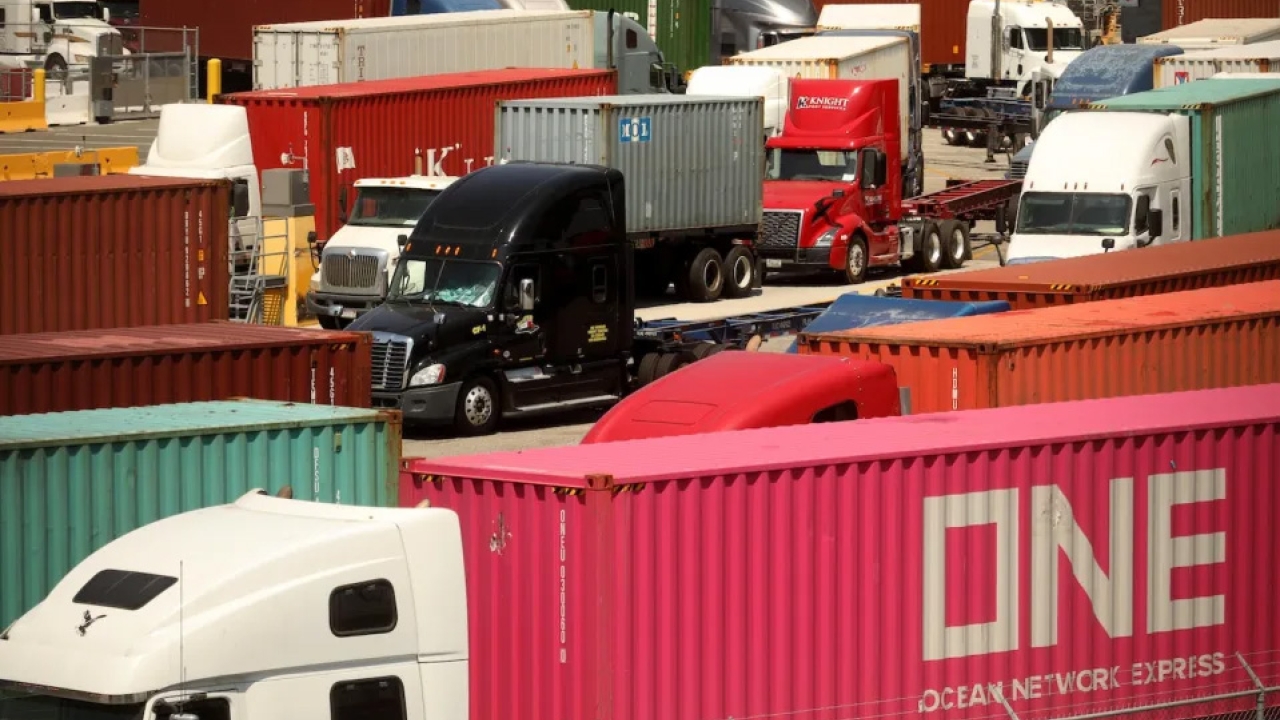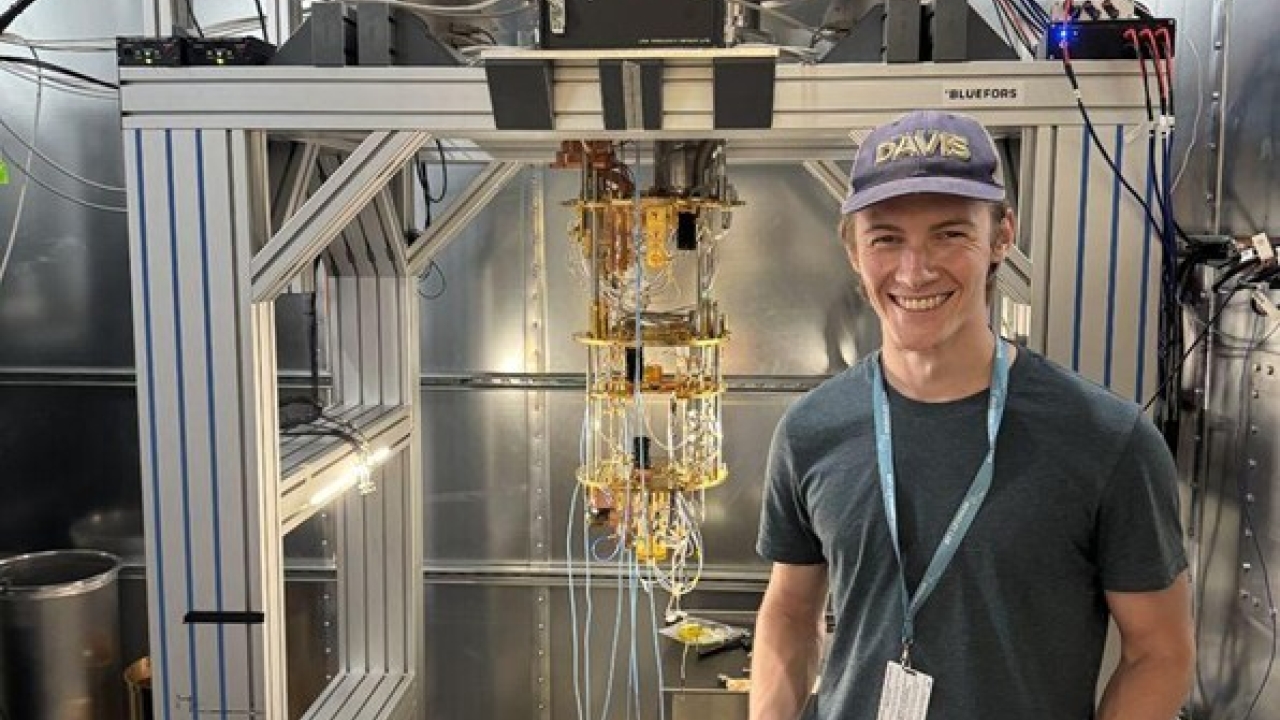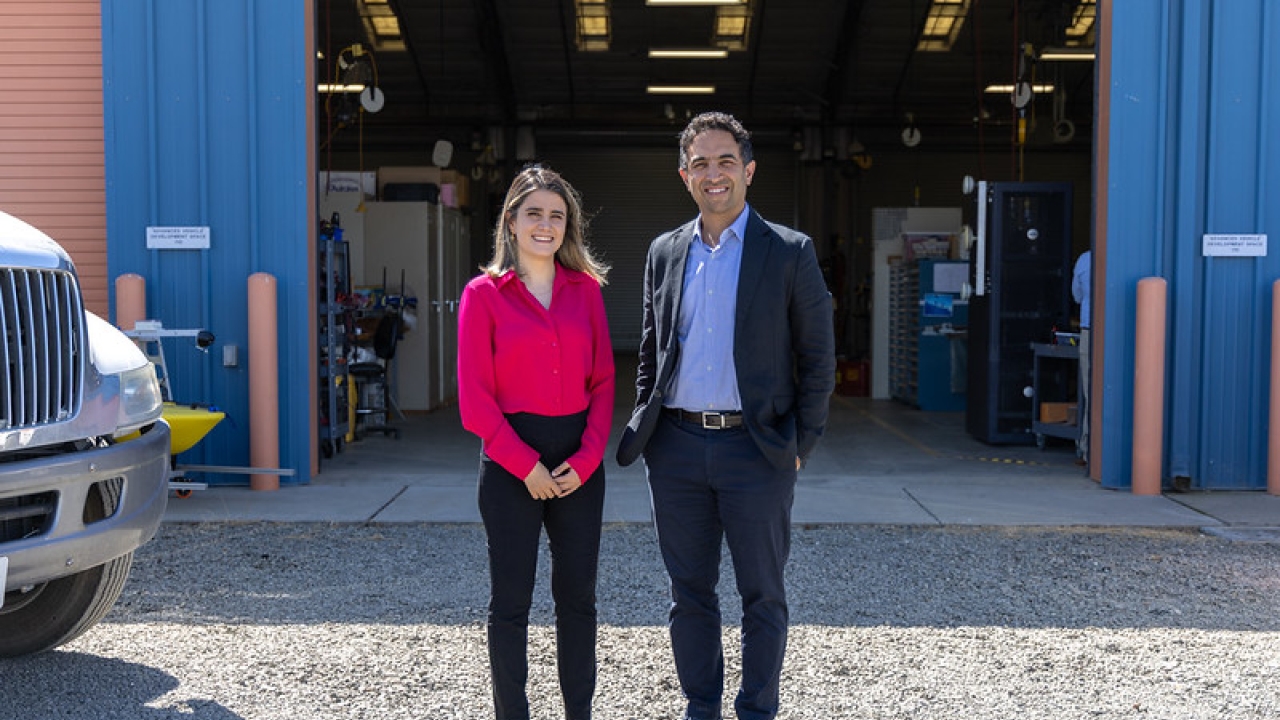
Beyond Passenger Cars and Pickups: 5 Questions Answered About Electrifying Trucks
As part of its effort to reduce air pollution and cut greenhouse gas emissions that contribute to climate change, California is pursuing aggressive policies to promote clean trucks. The state already requires that by 2035, all new cars and other light-duty vehicles sold in the state must be zero emission. Its powerful Air Resources Board has adopted rules requiring that most trucks be zero emission by 2035, and is now proposing that all trucks sold by 2040 must be zero emission. The Conversation asked a panel of transportation experts from the University of California, Davis what’s involved in such a rapid transition.
Media Resources
This article originally appeared in The Conversation. The Conversation is a nonprofit, independent news organization dedicated to unlocking the knowledge of experts for the public good. It publishes trustworthy and informative articles written by academic experts for the general public and edited by a team of journalists.




